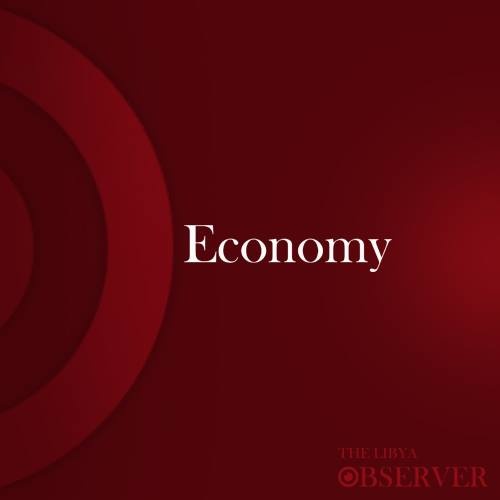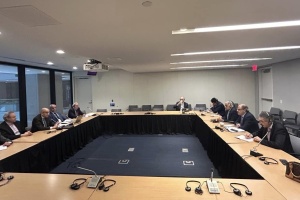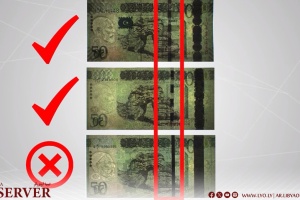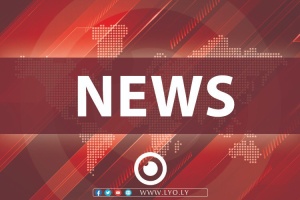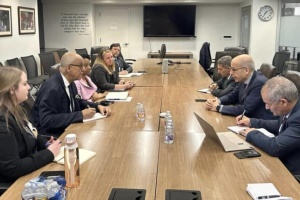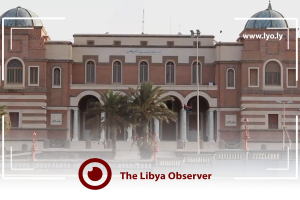The Libyan Finance Ministry has revealed that Libya is going through "unsteady economic conditions" which badly affected the budget and caused the inflation rates to soar, adding that it has all been caused by political division and favoring personal gains to Libya's interest.
Libya is suffering from high inflation rates that hit 33% coupled with loss of purchasing power of the Libyan dinar as per the World Bank's report, let alone the cash crisis in the country.
In a statement on Monday, the ministry said the tax of "terrible economic status" is being paid by "ordinary Libyans" who are suffering from inflation and cash shortages at commercial banks.
According to the statement, the government provided all the needed financial dues for the hospitals and medical centers across Libya, besides covering the study fees of the students on scholarships abroad, let alone settling the financial dues of all the workers in the Libyan embassies and consulates overseas regardless of the authority behind their scholarships.
The statement added that the concerned authorities started reviewing 2018 budget, calling for unity aimed at getting Libya out of its economic setback.
The Governor of Central Bank of Libya, Al-Sidiq Al-Kabeer, said Libya’s budget accumulative deficit hit 200% of the national revenue, raising the red flag over the deteriorated economy in the country.
CBL used Libya's foreign currency reserves to cover the needs of the country over the last few years, thus dragging the reserve back from 116 billion dollars in 2013 to 58 billion by the end of 2016.
Libya relies heavily on oil production, which covers 98% of its expenditure budget, whereas in fact the oil sector needs 20 billion in investment in the three coming years, including repairing the damages done the infrastructure of the facilities and boosting output.

